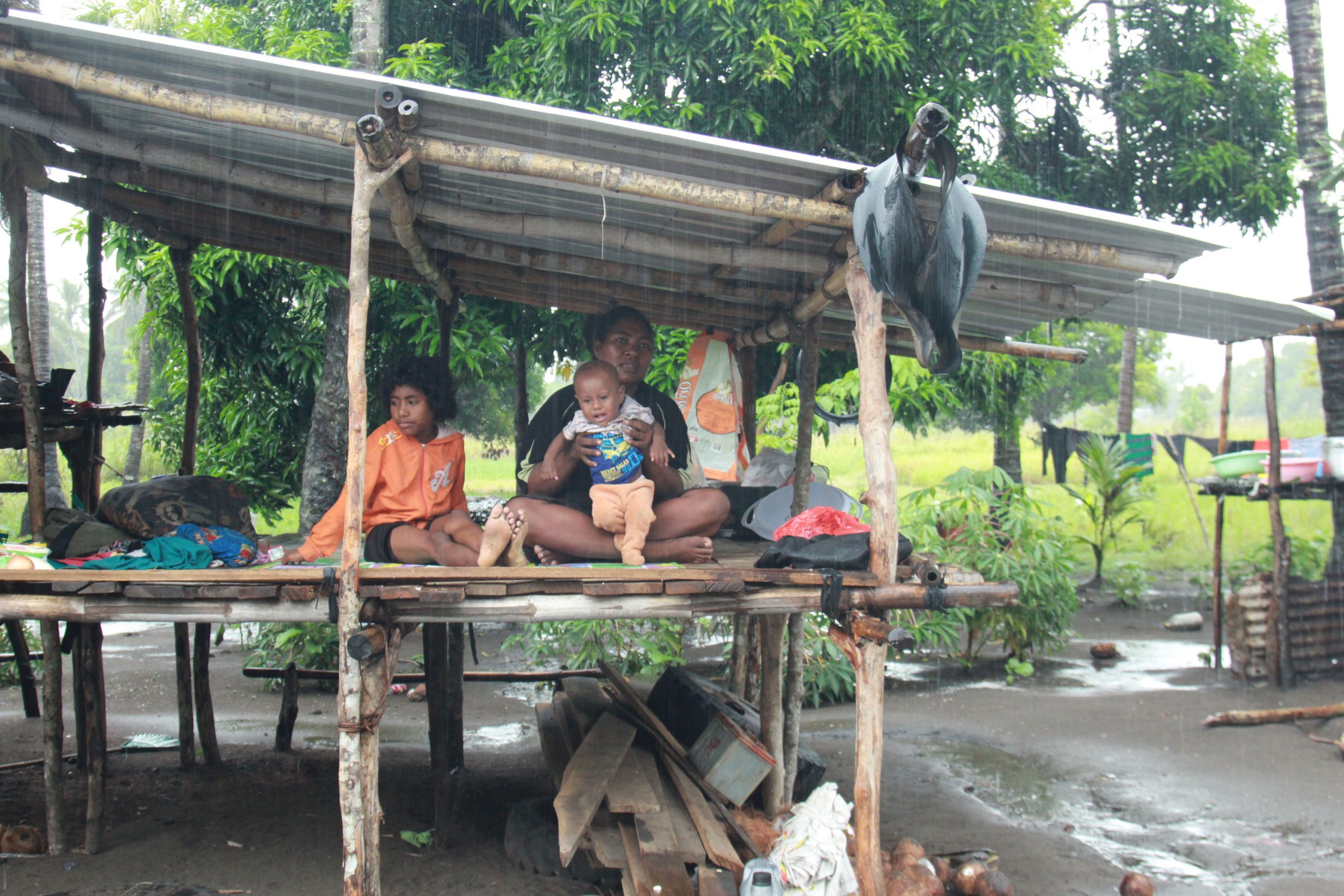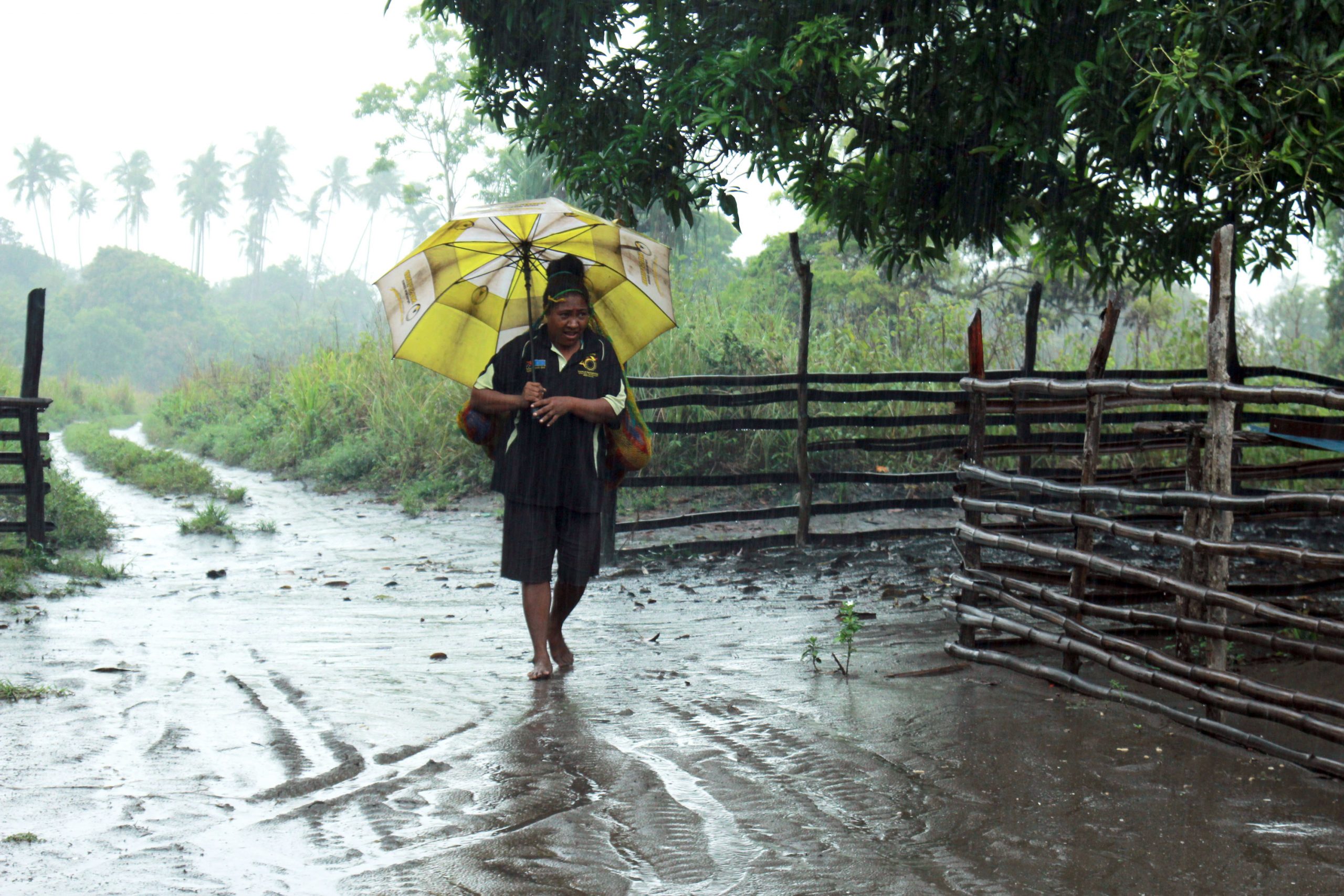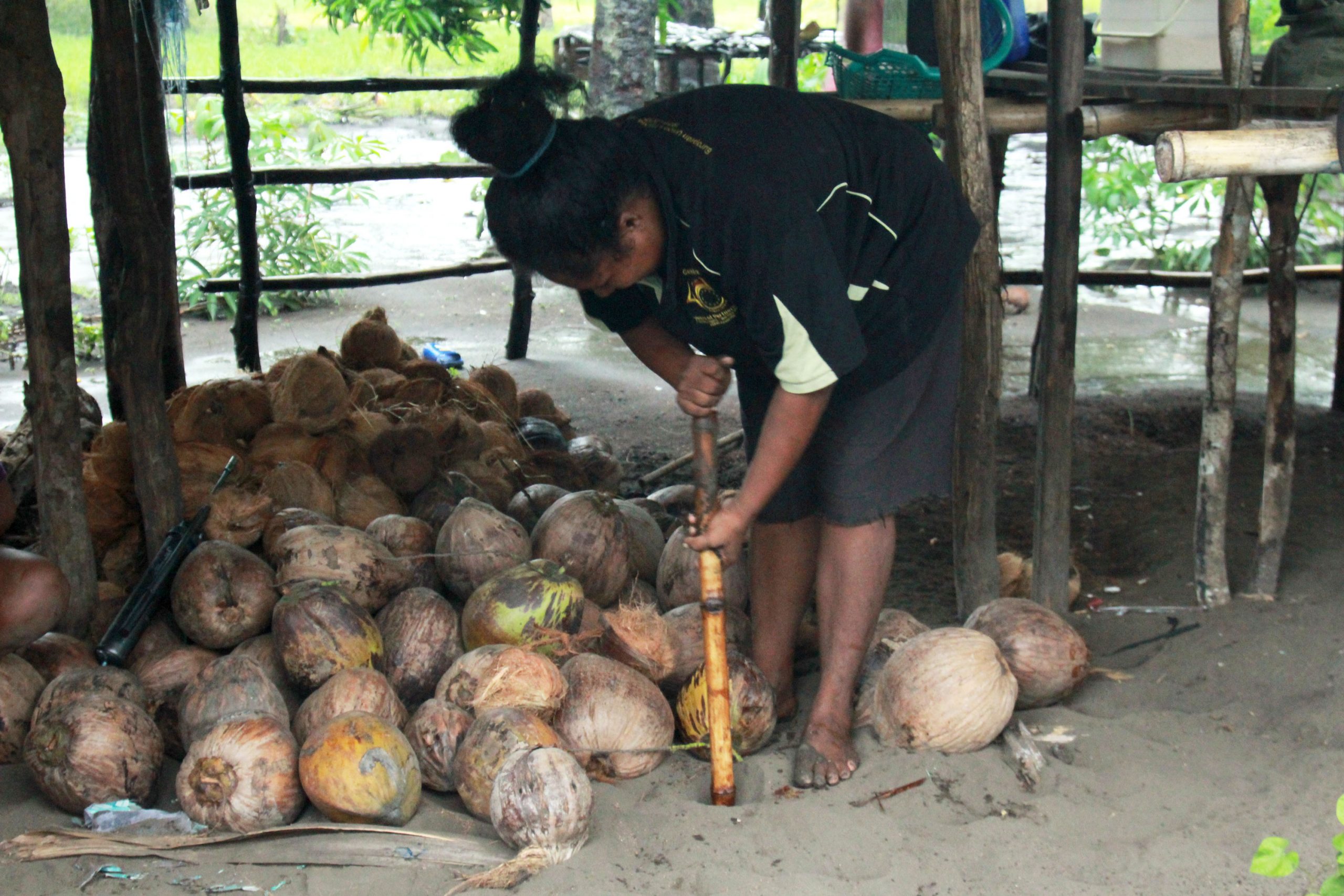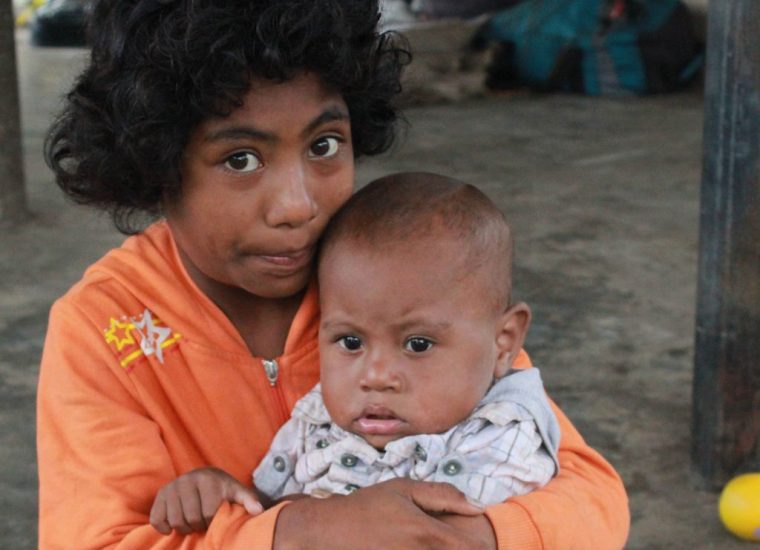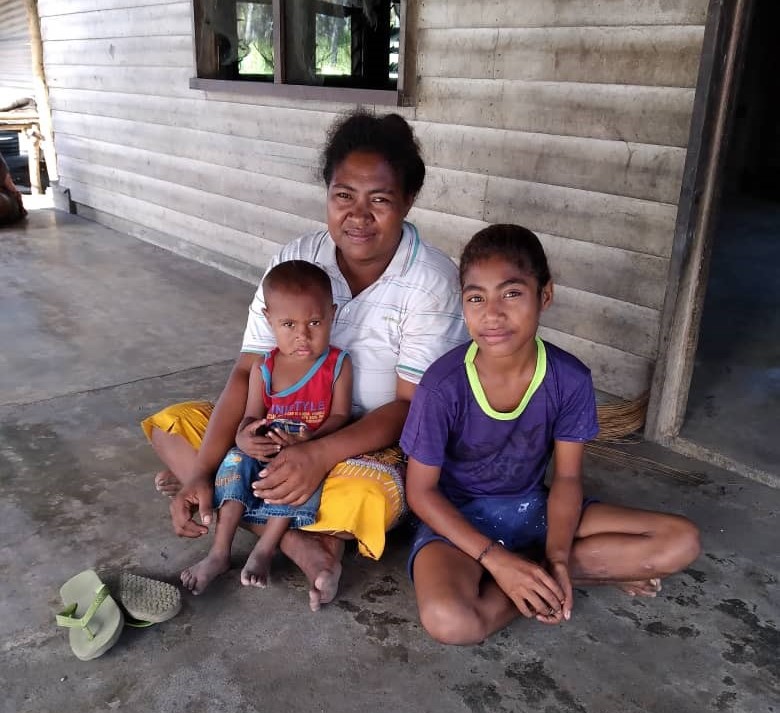Vaccines are one of the greatest medical breakthroughs of the modern world and have saved the lives of children and their families across the globe.
With the outbreak of COVID-19, the topic of vaccinations has consumed news reports and daily life since the virus first exploded. Unfortunately, misinformation and conspiracy theories have tainted trust in the efficacy and science of vaccines and stirred up fear within communities.
We’ve decided to dispel some common myths surrounding the COVID-19 vaccine, backed up with facts and scientific evidence from the experts.
1. The vaccine has been rushed
Have COVID-19 vaccines been properly tested given their relatively fast development?
This is a myth.
While it may seem that the vaccine was ‘rushed’, researchers around the world looked to studies of Severe Acute Respiratory Syndrome Coronavirus (SARS-CoV) and Middle East Respiratory Syndrome Coronavirus (MERS-CoV) to help influence and guide the immunisation development strategy for COVID-19.
All vaccines are meticulously tested for safety by the Therapeutic Good Administration before they can be used in Australia. This includes a rigorous analysis of clinical trial data, ingredients, chemistry and manufacturing processes to ensure the vaccine is effective and safe in fighting the COVID-19 virus.
The World Health Organisation (WHO) convened the Strategic Advisory Group of Experts (SAGE) on immunisation to consider the emergency use of various COVID-19 vaccines, as well as reported side effects. WHO maintains in various public statements that the use of COVID-19 vaccines is safe, and the benefits outweigh the risks. You can read more about WHO’s advice on AstraZeneca and Pfizer on their website.
2. The vaccine can give you COVID
Do COVID-19 vaccines transmit the virus to the patient?
Another myth.
None of the approved vaccines in Australia contains the live SARS-COV 2 virus which means a recipient will not contract COVID-19 as a result of being vaccinated. While flu-like symptoms have been recorded as rare side effects, these are not the result of the live virus within the vaccine. In fact globally no approved vaccines contain live SARS-COV 2 virus.
There are, however, vaccines which contain inactivated, or “dead”, SARS-COV 2 virus. The use of “dead” virus in vaccination isn’t uncommon, and actually helps the immune system recognise the virus post-vaccination.
3. The vaccine will alter your DNA
Can COVID-19 vaccines alter DNA?
The answer is, no!
It may seem confusing, especially with Pfizer/BioNTech using mRNA technology within their vaccine.
The Pfizer/BioNTech COVID-19 vaccine uses a fragment or piece of messenger RNA (mRNA) which triggers the body to make COVID-19 spike proteins. This leads to an immune response that protects you against COVID-19.
There is a crucial difference between mRNA and DNA.
DNA is a long string of genetic code that makes up who we are. The mRNA is a small copy of part of the DNA and it often sends instructions to other parts of the cell.
Inside our cells, DNA is stored in the nucleus while mRNA sits in a different part of the cell. The mRNA is broken down quickly by the body and does not enter the nucleus. It cannot affect or combine with our DNA and change our genetic code.
COVID-19 mRNA vaccines teach cells how to make a protein that triggers an immune response specific to COVID-19. They work with the body’s natural defences to develop immunity to disease.
4. The vaccine causes infertility
Can COVID-19 vaccines cause infertility?
This is another dangerous myth. COVID-19 vaccines do not cause infertility.
This disproven theory linking vaccinations with infertility is based on the idea
that one of the spike proteins in COVID-19 and the Syncytin-1 protein (which helps with placenta development) is the same. But this isn’t true.
Just like any vaccine, the COVID-19 vaccine works to train our bodies to develop little soldiers, also known as antibodies, to fight against the virus that causes COVID-19, to prevent future illness.
5. Masks not required after vaccination
Do you need to wear a mask after vaccination?
For now, we do.
While COVID-19 vaccines prevent people from having severe COVID-19 outcomes like hospitalisation and death, it is still possible for a vaccinated person to have a mild case and spread it to others. The world is also seeing new COVID-19 variants emerge, some of which are more contagious or may render current vaccines less effective.
So until we have the majority of the population vaccinated, we should take every precaution to reduce spread, including wearing masks.
6. The flu shot works against COVID-19
Is the flu shot effective against COVID-19?
Unfortunately no.
While COVID-19 and the flu are both viral infections, they actually belong to different virus groups and the flu shot won’t protect you from COVID-19 and vice versa.
7. The COVID-19 vaccine isn’t effective against variants.
Will the vaccine be effective against new variants?
Viruses by their very nature mutate and COVID-19 is no different.
Despite the reports in the media about new strains of the virus, it is quite normal and actually anticipated by experts.
However, this doesn’t mean the vaccine won’t be effective in fighting the new strains. There is evidence that the current COVID-19 vaccines are still effective in fighting new variants.
Scientists are already looking ahead to adjust vaccine formulations and make sure they can handle new variants that may arise.
8. You can’t help fight COVID-19 around the world
Is there anything I can do to help fight COVID-19?
This is the most dangerous myth of them all. Of course, there is. You can help keep your community safe by following government guidelines in regard to mask-wearing, hand hygiene, social distancing, and getting vaccinated as soon as you can. If an outbreak occurs, minimise your movements and follow government instructions.
To help vulnerable children and families access vital medical care in areas affected by COVID-19, make a donation to our global COVID-19 emergency appeal and help promote equitable vaccine access in developing countries, such as Laos.
Papua New Guinea has been hit by a deadly outbreak of COVID-19, and the health system is on the brink of collapse. To support our COVID-19 response, please make a tax-deductible donation today.
If you or someone you know is looking to learn more about COVID-19 and the vaccinations available, you can check out Vax Because. An initiative aimed at ensuring people around the world can find fact-based answers to help inform their decision-making surrounding COVID-19.






























